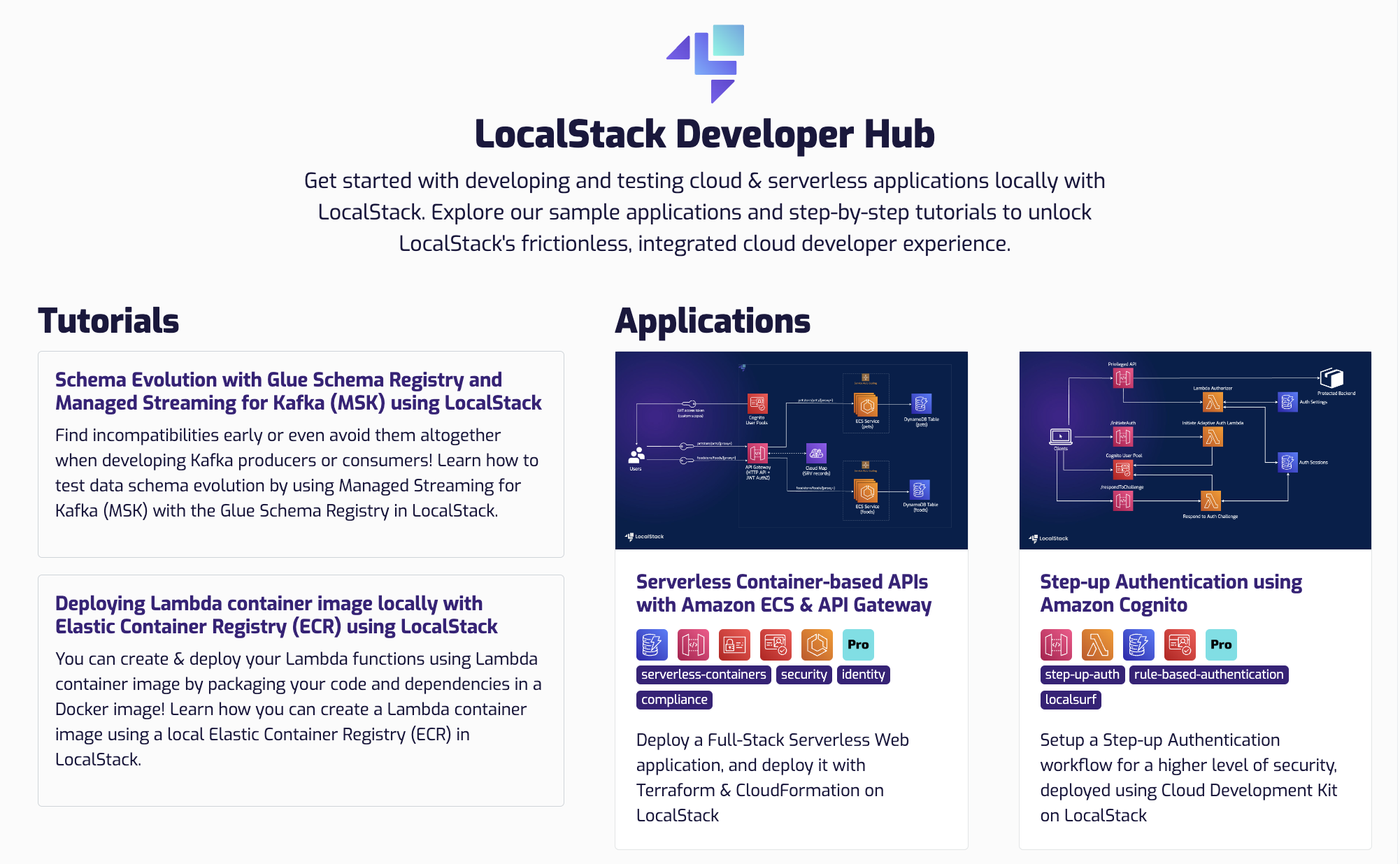
MMS • Steef-Jan Wiggers
Article originally posted on InfoQ. Visit InfoQ
The company LocalStack recently announced the general availability of LocalStack 2.0, an open-source tool for the local development and testing of cloud applications.
LocalStack is a fully functional local cloud environment that allows developers to develop and test their cloud applications locally without needing an actual cloud environment. In addition, it provides a local implementation of most of the popular AWS services, such as S3, Lambda, DynamoDB, and many others.
The new version is a follow-up of the company’s first version, which generally became available last year. With version 2.0, the company added several new features and improvements, such as entirely new Lambda and S3 providers, a significant reduction in LocalStack image size through the separation of LocalStack Community and Pro Docker images, a new Snapshot persistence mechanism, community cloud pods, and cloud pods launchpad.
Furthermore, version 2.0 includes enhancements for developers like improved LocalStack toolings for local cloud development, new LocalStack Developer Hub and Tutorials, and Improved LocalStack Coverage Docs Overview.

One of the improved LocalStack toolings is the docker extension enabling developers to work with LocalStack to operate their LocalStack container via Docker Desktop. The extension creates a running LocalStack instance, allowing developers to configure LocalStack easily to fit the needs of a local cloud sandbox for development, testing, and experimentation.
Ajeet Singh Raina, a Developer Advocate at Docker, and Harsh Mishra, an Open Source Engineer at LocalStack, wrote in a Docker blog post:
In upcoming iterations, the extension will be further developed to increase supported AWS APIs, integrations with LocalStack Web Application, and toolings like Cloud Pods, LocalStack’s state management, and team collaboration features.
In addition, the LocalStack team stated in a blog post:
LocalStack 2.0 delivers our strong investment across three critical areas — parity, performance, and interoperability to provide the best developer experience. With LocalStack 2.0, we have significantly optimized the internals of the platform and moved to new service implementations, images, and internal toolings to make it easy for developers to build & test their cloud applications locally!
For local development, an addition to LocalStack is AWSLocal, a thin wrapper around the aws command line. In addition, developers can look at OpenStack, Serverless, or Testcontainers as alternatives.
Maciej Walkowiak, a Freelance Architect & Developer of Java, Spring, and AWS, tweeted:
Happy to report that Spring Cloud AWS now runs all tests on @testcontainers 1.18.0 and @_localstack 2.0
Lastly, for migration to LocalStack 2.0, developers can use the migration documentation